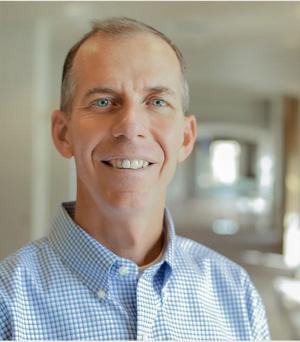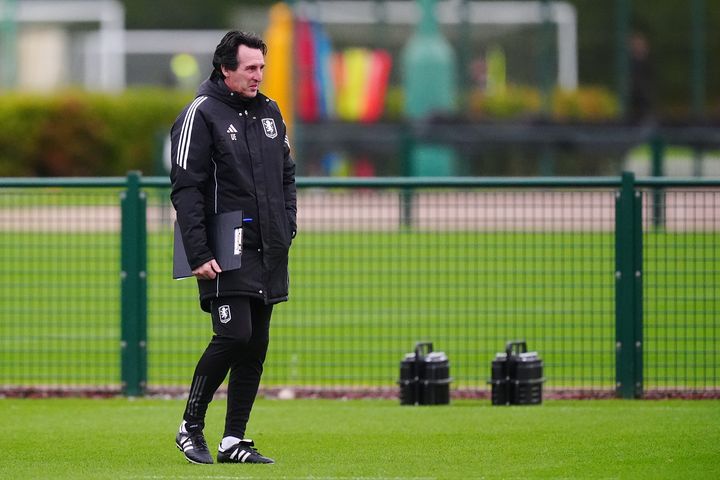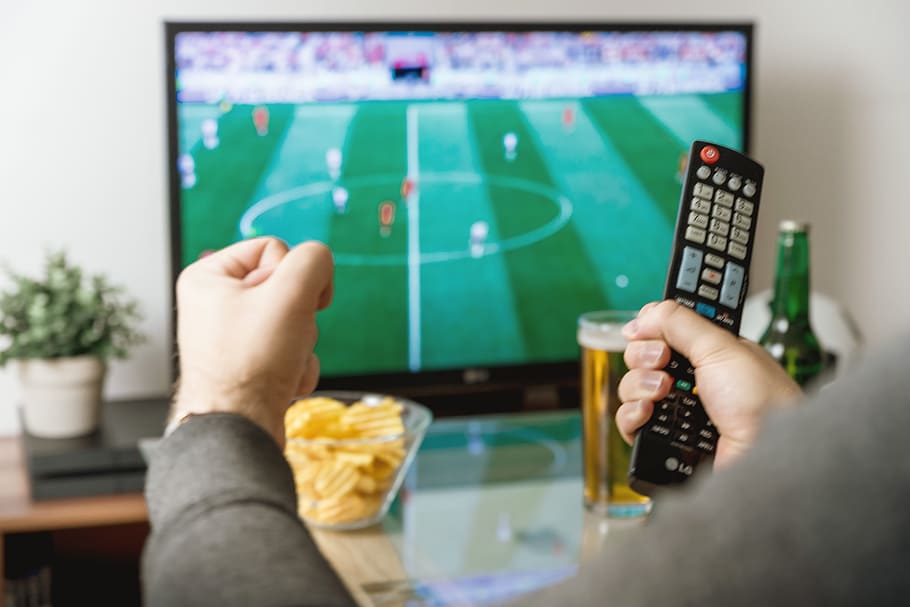
Ryan Wesley Routh, the latest would-be-assassin who targeted former President Donald Trump on Sunday outside his golf club in West Palm Beach, Fla., left behind his AK-47-style rifle and scope, along with two backpacks full of material indicating he was preparing for a shootout, and a GoPro camera. Although he initially evaded and fled bullets from the Secret Service, Roth eventually was arrested.
Occurring less than three months after Trump was nearly murdered at a rally in Pennsylvania, the incident once more highlights the dangerous and deadly consequences of life in a country where more and more people seem incapable of getting along. Just the other night at our family dinner, my wife, Julie, and I weren’t quite talking about assassination attempts, but we were discussing with our three boys — ages 19, 14, and 12 — about the development and cultivation of critical life skills, specifically the art of collegiality and disagreement. It might be true that what you need to survive and thrive shifts from generation to generation, but there are still timeless traits and characteristics that have remained a constant through the years.

Chief among them is the ability to peacefully coexist, to master personal and professional relationships, to be civil toward even a political, theological or ideological opposite. And in an age of increasing polarization, this ability is now a superpower. In modern lingo, attributes you need to navigate the personal side of life are called “soft skills” — but there really isn’t anything soft about them.
Softness carries something of a second-class connotation, at least in contrast to “hard skills.” These are specific competencies and abilities that allow surgeons to operate, pilots to fly and Colorado Springs Utilities workers to light up our city and produce the electricity that run the printing presses and devices that allow you to read your Gazette. Obviously, hard and soft skills are needed to keep a country going — but this soft adroitness, which once seemed more of a given, is in increasingly short supply — and yet is more important than ever.
There are many reasons for this disturbing trend. Family dysfunction tops the list. It’s in the home where we’re first exposed to the dynamics of healthy or unhealthy personal relationships.
Values are more often caught than taught. My earliest memories involve my father returning from work and being happily greeted at the door by my mother, followed in line by all the kids eager to hug dad. Without words, I was being shown how to love and cherish family.
But what if there is no father? That’s increasingly the case, with more than a quarter of homes having no dad. Instead, there’s a struggling mother just trying her best to hold things together. Is it any wonder that as families struggle, so too does the nation? The two are inextricably linked.
Happiness in the home leads to health in the various other spheres of life. We also learn to get along in our neighborhoods, churches, communities, schools and on sports teams. Growing up, we had a neurotic neighbor who kept his weeds down with kerosene.
The awful smell would waft onto our side porch. “Aren’t you going to complain, Dad?” I once asked him. “Son,” he told me.
“We put up with it one day a month during the summer, but we have to live next door to him all year long. You pick your spots in life.” As fewer Americans go to church and engage with their neighbor, it’s more than the soul that suffers.
It’s not that church congregations are all sunshine. After all, there is the old saying: “To live above with saints we love will certainly be glory. But to live below with saints we know — that’s another story.
” Great lessons are learned when we navigate our differences in community. Mayor Yemi Mobolade’s “1,000 Neighborhood Gatherings” initiative is a good start to help supplement and complement the work that must be done in the home. We need to do more than tolerate those around us, and you do that by serving and socializing.
Learning to get along, though, begins in the home. If you want a safer and more civil country, invest first in your spouse and children, recognizing it’s the primary source from which flows the good things in life. “What can you do to promote world peace?” asked Mother Teresa.
“Go home and love your family.” Paul J. Batura is a local writer and host of the podcast, “WHAT A LIFE! Lessons from Legends.
” He can be reached via email at [email protected] or on X @PaulBatura..














